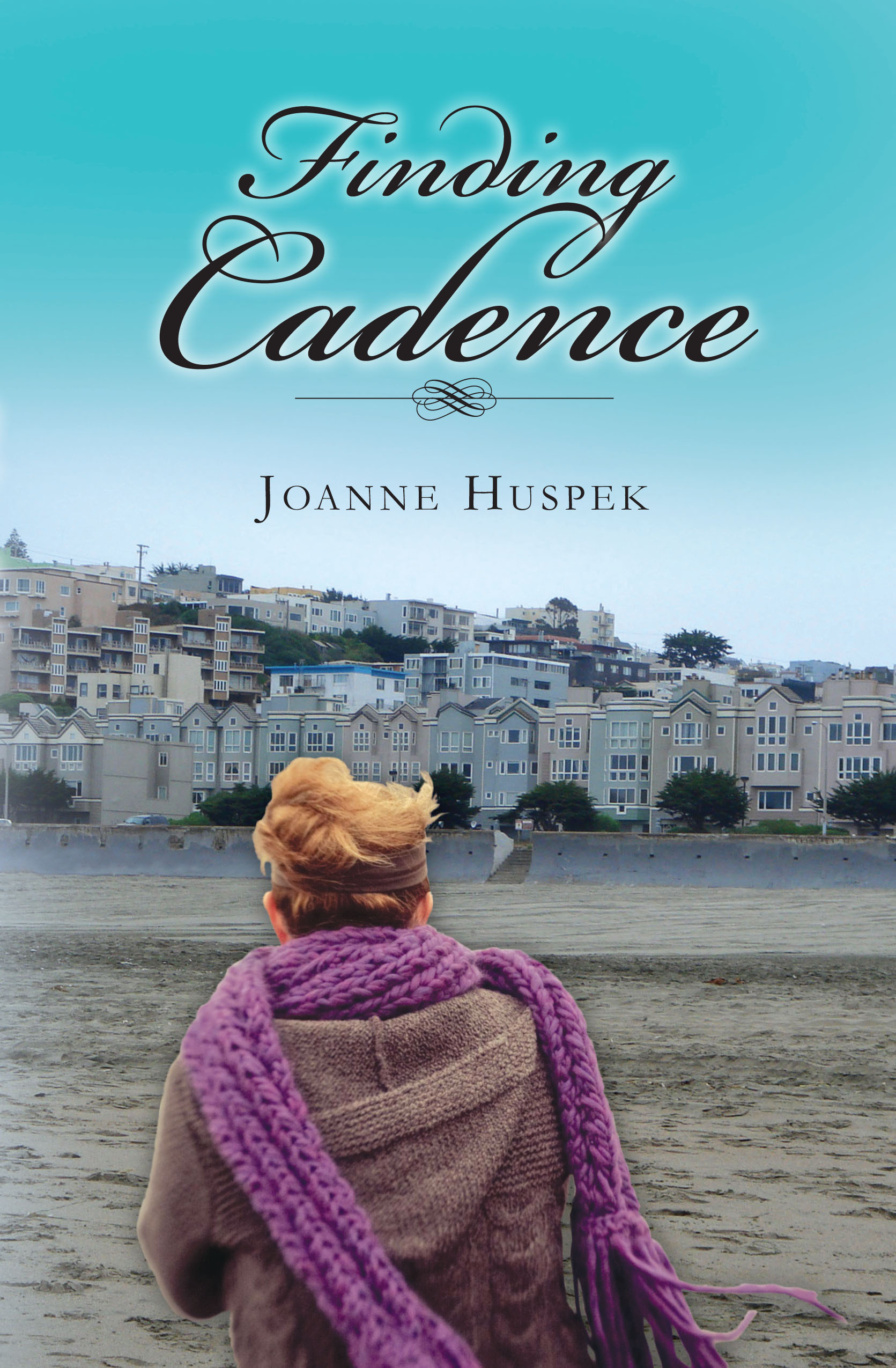This week I’m participating in the Greater Detroit Romance Writers of America boot camp. Day Two was all about the Rules for Writing. We know what all the Rules are, such as no ‘ly’ words (or other adverbs or adjectives), no purple prose, show don’t tell, resist the urge to open a book with weather, dreams or prologues, and other sage advice. If you are a newbie like me and have no clue, here‘s a good web site, chock full of plenty of rules from a wide range of published authors.
Once your beta readers, writing friends and critique buddies have beaten you to a bloody pulp regarding the Rules, a writer begins looking for exceptions to the rules in everything printed.
I read Missing Mom by Joyce Carol Oates (who could write more ‘seriously’ than Joyce Carol Oates?) and noted sentence fragments all over the place. I read romance novels full of ‘ly’ words. I loved Michelle Richmond’s A Year in Fog because of the references to weather in San Francisco. Dan Brown’s sentences are sometimes convoluted, totally purple, yet very entertaining.
Coincidentally, a few weeks ago when attending the San Francisco Writers Conference, I went to a workshop on breaking the rules of writing. The verdict? It can be done, even in first novels, as long as the errant rule is broken discreetly and the reader is wowed by what surrounds the damaged rule.
I have been known to be a confirmed anti-establishmentarian, a throw back to my teenage years in the post-hippie era. You say ‘yes’ and I say ‘no.’ You say it can’t be done, and dammit, I’m going to prove you wrong if it takes the rest of my life and all my energy. Note: this is how I get myself into things, like playing the violin, making jewelry, cooking and yes… writing.
Still, a girl has to have some rules, otherwise anarchy runs wild and chaos ensues. Believe me, I’ve been without boundaries, and it’s not a pretty sight.
What follows are my rules for writing. Do with them what you must.
My Ten Rules for Writing
1. Make sure you have a writing utensil on your person at all times. You never know when an idea is going to hit you in the noggin, and trying to remember anything at my age is spotty at best. Make sure your tool can write on anything. My personal favorite is Sharpie markers, because a. they are permanent, b. you can use them on anything, including plastic, Taco Bell food wrappers and your sweaty palm, and c. you can buy the cute, little keychain variety of Sharpie. Comes in amazing colors, too!
2. Turn off the noise. This means iPods, stereos, so-called ambient TV noise (you know your ears are going to perk up when Judge Alex gives his ruling), radio and your snoring Boston terrier. It also may mean obtaining ear plugs to buffer the sound of the ice falling off your roof.
3. Try to write at the same time every day. Yes, people, writing a novel is work. It’s hard work. Many people (myself included) don’t like to work. Being independently wealthy and sunbathing on my own private island is a goal, but at this point, it’s long term. Even though I don’t like to work, I drag my butt out of bed every day and do it anyway.
4. Turn off the Internet. Since I have adult onset ADD, the Internet is like diving into a cask of Napa Valley’s finest. I wouldn’t know when to stop, and I rarely do. To be really hardcore, get off Facebook. (No, you will need those peeps for when you are ready to sell books.) If you are that addicted to surfing the World Wide Web, drop into a 12-step program when necessary. It doesn’t matter which one.
5. Comfy chair. You need it. Cushions, too.
6. Caffeine! Lots of it, too. Whether it is coffee, tea or boxes of chocolate, a writer needs as much stimulation as you can round up.
7. Lock up the liquor cabinet. Conversely to #6, writing under the influence of alcohol (or drugs) is a horrible idea, unless you are drunk typing IMs to your best bud across the country. Sure, your inebriated words might seem like comic genius at the time you plop them on the page, but the next day when sobriety returns, you will be wondering WTF???
8. Warmth. Make sure you are warm enough. If your husband refuses to turn up the heat as an austerity measure, make sure you have blankets and slippers. (Remember, the Boston terrier is in her crate because she snores, so you can’t count on her to keep your feet warm.) Get a space heater if necessary. Do NOT get a Snuggie. Snuggies are dangerous inventions, especially if you have to go to the bathroom or when someone yells “fire” in the middle of the night. My dear husband gave me one for Christmas, but it’s so cumbersome, especially when working, that I gave it to the dog.
9. I write better (and longer) when I have no food. It also keeps me trim.
And finally…
10. Write something creative every day. You might not have time to whip up a couple thousand words on your novel, but whatever you do, write, and when you do so, write creatively. Letters, articles, notes to your child’s teacher, all of these can use a little sprucing up. It keeps the juices flowing and the recipients wondering.








4 Responses to A Newbie’s Rules for Writing